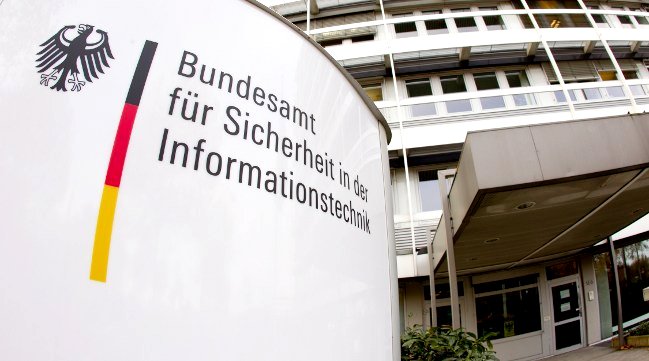Publications
Cyber, Intelligence, and Security, Volume 2, No. 1, May 2018

Germany is a leading member of the European Union and one of the world’s strongest economies. Consequently, it is a central target for cyberattacks from states, terror organizations, and criminal groups. Dealing with the threat to German democracy posed by campaigns to disseminate false information—plus the cyber threat posed by Russia—has led to changes in the German security concept, causing the German government to seek to increase its cyber independence and to establish offensive capabilities in this space. Understanding how Germany copes with cyber threats and its future plans on this issue is vital for learning and comparing, while it also provides new insights about this problem, particularly for other democratic countries.
The first part of this article describes the German government’s preparations in the field of cyber security, cooperation between German authorities, and preparations relating to personnel and reinforcements for the relevant institutions. The second part describes preparations at the security-military level and how Germany is adapting to the new challenges. The last part of the article examines the situation from an international angle and looks at how Germany sees its role as an international leader in the cyber field.


